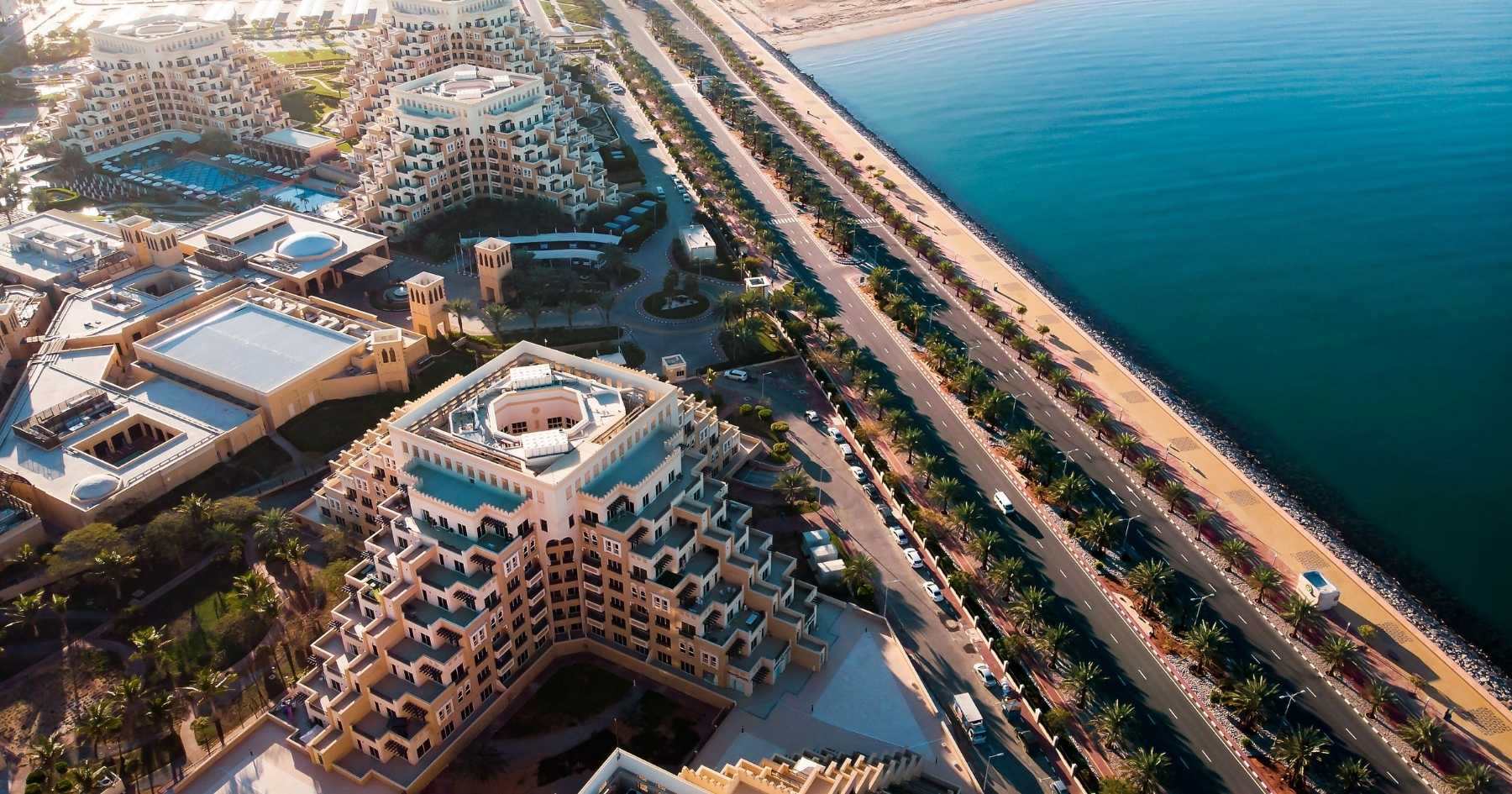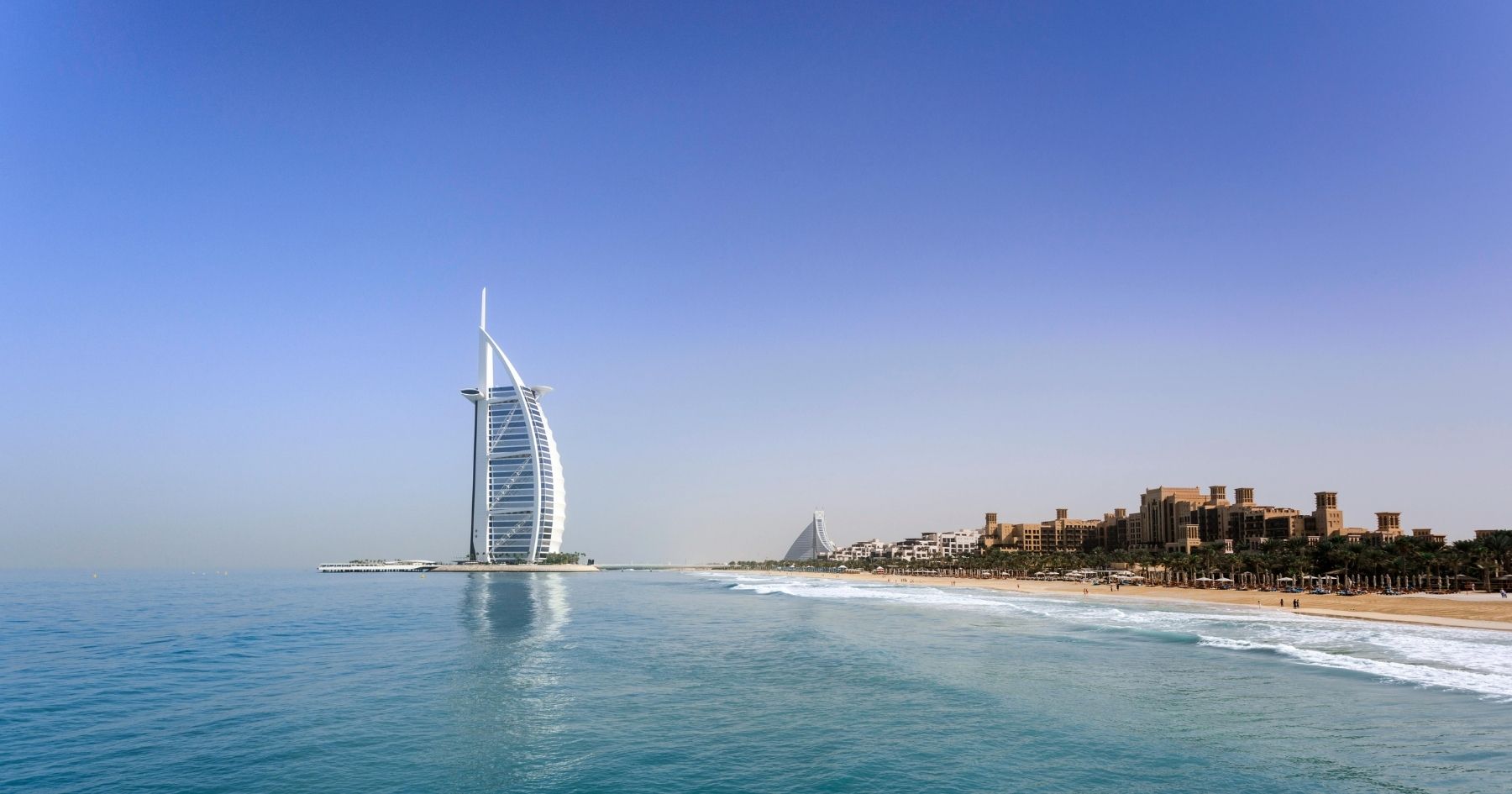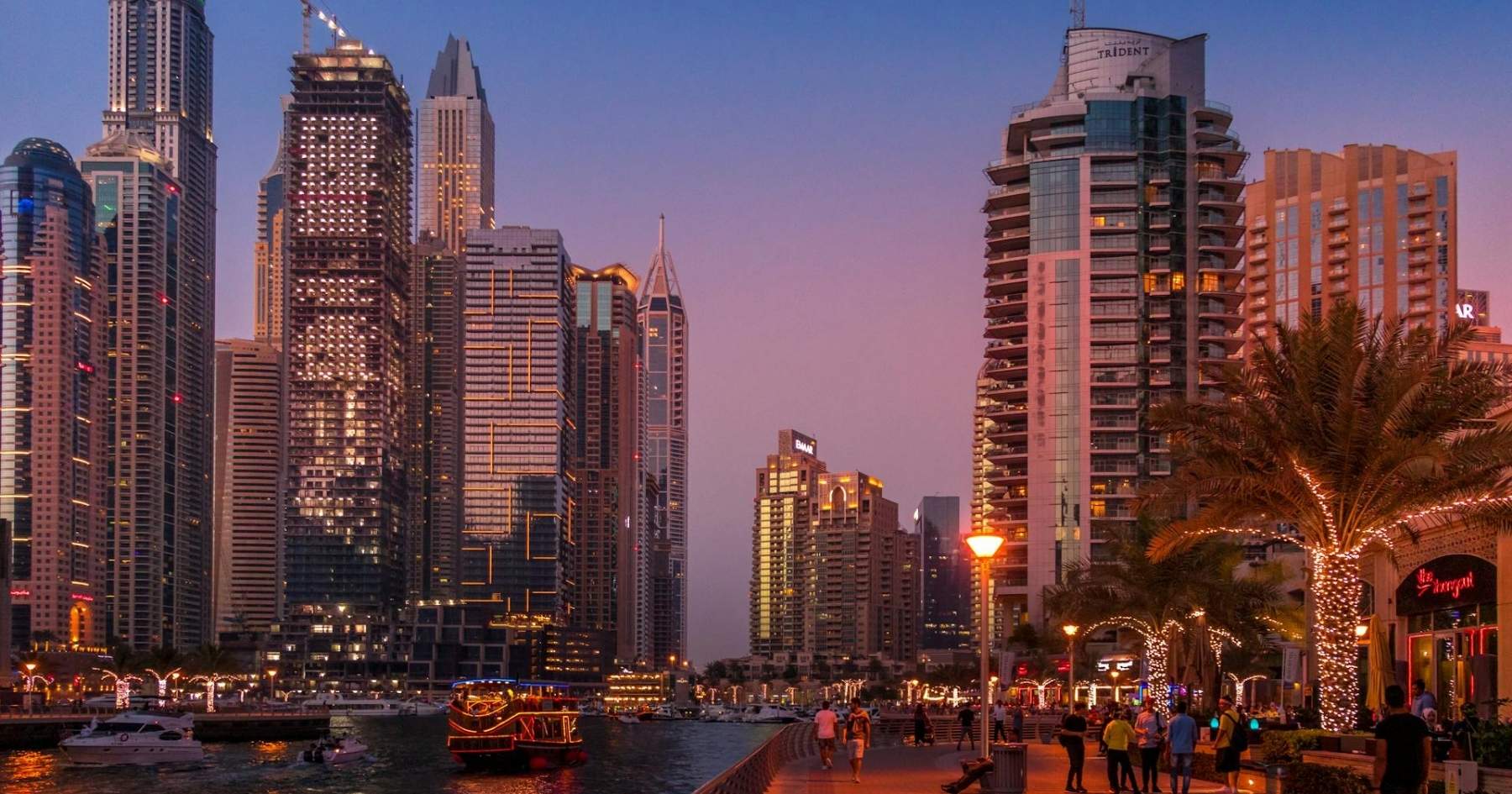Guide to Starting a Business in Dubai

The city offers a unique combination of modern amenities, cultural diversity and economic opportunities, making it an attractive prospect for those looking to expand their business horizons. This guide provides a comprehensive overview of why and how to set up a company in this dynamic emirate and offers a glimpse of the thriving ecosystem that awaits foreign investors and entrepreneurs.
Why are more and more people starting businesses in Dubai?
One of the key factors is 100% foreign ownership. A major change in UAE legislation, which came into effect on June 1, 2021, abolished the requirement for a local sponsor for companies in most sectors, allowing foreign investors to establish and fully own onshore (Mainland) companies. This legislative amendment significantly increases the attractiveness of Dubai, provides international entrepreneurs with full control over their businesses and simplifies the ownership structure. This reduces the perceived operational complications and trust issues associated with local sponsors, making Dubai even more competitive globally for a wider range of business models.
The UAE offers significant tax advantages, including zero corporate and natural person tax, 100% exemption from import and export taxes in Free Zones and 100% repatriation of capital and profits.1 In particular, Free Zones offer corporate tax exemption for 15 years, with the possibility of extension for another 15 years, with some zones offering exemptions for up to 50 years.
It's not just about minimizing tax liabilities; it's about full and unlimited control over earnings and start-up capital, enabling highly efficient global financial management and investment strategies.
Dubai serves as a key gateway between East and West, which ensures it Strategic geographical locationand unrivalled access to emerging markets in the Middle East, Asia and Africa. Its central location facilitates global trade, logistics and international business expansion.
The city is proud of one of The most modern transport networksin the world, advanced infrastructure and state-of-the-art facilities, especially within its numerous Free Zone.

The UAE government is actively working to increase Ease of doing business and reducing unnecessary red tape, as evidenced by the amended law on property and its high placement in the administration Global Competitiveness Index Report 2019, which it issued World Economic Forum.
Types of companies in Dubai: Mainland, Free Zone and Offshore
Dubai offers three primary legal forms for company formation: Mainland, Free Zone and Offshore. Each type is carefully tailored to specific business requirements and offers unique benefits, making selection a critical strategic decision for any entrepreneur.
Zona Gratuito
most suitable for enterprises that focus on international trade, export, re-export or the provision of services primarily outside the UAE. They are ideal for international investors looking for 100% ownership, full repatriation of profits, significant tax exemptions and a simplified incorporation process with less burdensome documentation. They are particularly advantageous for enterprises operating in manufacturing, trade, logistics and warehousing, thanks to the exemption from customs duties and flexible regulations on the storage of goods.
Mainland
ideal for businesses intending to directly serve the UAE domestic market, as Mainland entities are free to operate in all emirates without restrictions and are eligible for government contracts. They are suitable for companies planning a long-term physical presence in the UAE and trying to reach a wider part of the local market. They are also suitable for businesses that require a large number of visas or extensive warehouse/office space, or for those pursuing a regulated profession that may have specific Mainland licensing requirements.
Offshore
A non-resident company established to operate outside the UAE, primarily for asset protection, confidentiality and as holding companies. It cannot trade within the UAE and does not require a physical office. Usually, he cannot get a visa to stay in the UAE for employees or shareholders. It benefits from zero income tax.

Historically, the main difference has been 100% foreign ownership (only in Free Zones) versus access to the local market (only in the Mainland). With the recent 100% foreign ownership rule for the Mainland, that line has blurred. The choice is now more strategic, focused on the target market and specific tax/customs benefits. Offshore companies are clearly meant for asset protection, not active business in Dubai. Mainland is suitable for regulated professions or businesses requiring a lot of visa/premises.
Pêvajoya damezrandina pargîdaniyê li Dubai
Setting up a company in Dubai involves a structured process that follows a series of key steps. We definitely recommend hiring a company to help you with this.
The main steps for setting up a business in Dubai
Permits and visas
Getting the right permits and visas is an integral part of setting up and running a business in Dubai.
Is it necessary to have a visa or permanent residence to set up a business?
Yes, a residence visa is generally required to live and legally operate a business in Dubai. Although the initial registration of a company can be done remotely, physical presence is usually necessary for certain follow-up steps, especially for obtaining a residence visa, which include mandatory medical tests and biometrics. Shareholders of offshore companies are not eligible for a Dubai business visa.

Starting a business allows you to earn Investor Visaas the owner of the business. For family members, the investor visa holder can sponsor their family, however, a minimum monthly salary is usually required (e.g. EUR 2 500) to obtain an entry permit for family members. Golden Visa holders can sponsor their spouse, children (regardless of age) and an unlimited number of domestic employees (such as nannies, housekeepers, drivers) to obtain residency.
What documents are needed to set up a business?
Registrazione di azienda
Business plan, copies of shareholders' passports, application for business license, proof of lease agreement for office space, MOA/LSA, certificate of initial approval, additional government approvals.
Visa application
Copy of passport, color photograph, certificate of qualification, bank statement, travel insurance, specific documents for Golden Visa.
Opening a bank account
Proof of business license, copies of passports, proof of residence.
Can a person set up a business remotely, or is a physical presence necessary?
Possibility of remote establishment:Yes, especially for Free Zone and Offshore companies, thanks to online registration and UAE digital transformation.
Virtual office options:Allowed primarily in some Free Zones, they provide a registered business address without the need for a physical workspace.
Physical presence for visa/bank accounts:Usually required for medical tests and biometrics for a residence visa. Opening a corporate bank account can sometimes require a physical visit.

What are the most common mistakes people make when starting a business in Dubai?

Unleash Your Business Dubai is a dynamic and attractive hub for global business, driven by strategic government policies and unrivalled tax advantages. Choosing the right type of company (Mainland, Free Zone, Offshore) is key and depends on the target market. The establishment process is structured and increasingly digital, but requires careful planning and understanding of costs and visa requirements. Success also requires adapting to local cultural customs and avoiding common mistakes. For those who are thinking about entering the Dubai market, the top priority is thorough research and seeking professional advice.
Blog
Similar articles






































.avif)


